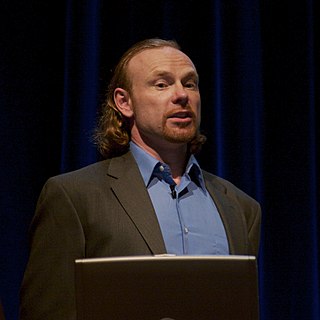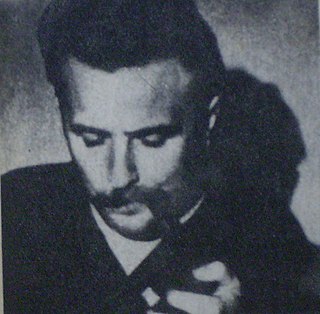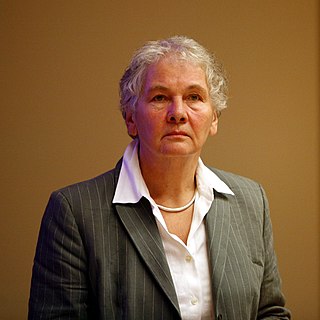A Quote by Frans de Waal
There's a long tradition in Western thought that humans are not shackled by biology, whereas animals are pure instinct machines.
Related Quotes
When humans act like animals, they become the most dangerous of animals to themselves and other humans, and this is because of another critical difference between humans and animals: Whereas animals are usually restrained by the limits of physical appetites, humans have mental appetites that can be far more gross and capacious than physical ones. Only humans squander and hoard, murder and pillage because of notions.
Humans have an amazing capacity to believe in contradictory things. For example, to believe in an omnipotent and benevolent God but somehow excuse Him from all the suffering in the world. Or our ability to believe from the standpoint of law that humans are equal and have free will and from biology that humans are just organic machines.
By the time of the Singularity, there won't be a distinction between humans and technology. This is not because humans will have become what we think of as machines today, but rather machines will have progressed to be like humans and beyond. Technology will be the metaphorical opposable thumb that enables our next step in evolution.
The classical argument for why a supposedly decent and moral creature like Homo sapiens can mistreat and even extirpate other species rests upon an extreme position in a continuum. The Cartesian tradition, formulated explicitly in the seventeenth century, but developed in "folk" and other versions throughout human history no doubt, holds that other animals are little more than unfeeling machines, with only humans enjoying "consciousness," however defined.
Humans — who enslave, castrate, experiment on, and fillet other animals — have had an understandable penchant for pretending animals do not feel pain. A sharp distinction between humans and 'animals' is essential if we are to bend them to our will, make them work for us, wear them, eat them — without any disquieting tinges of guilt or regret. It is unseemly of us, who often behave so unfeelingly toward other animals, to contend that only humans can suffer. The behavior of other animals renders such pretensions specious. They are just too much like us.


































